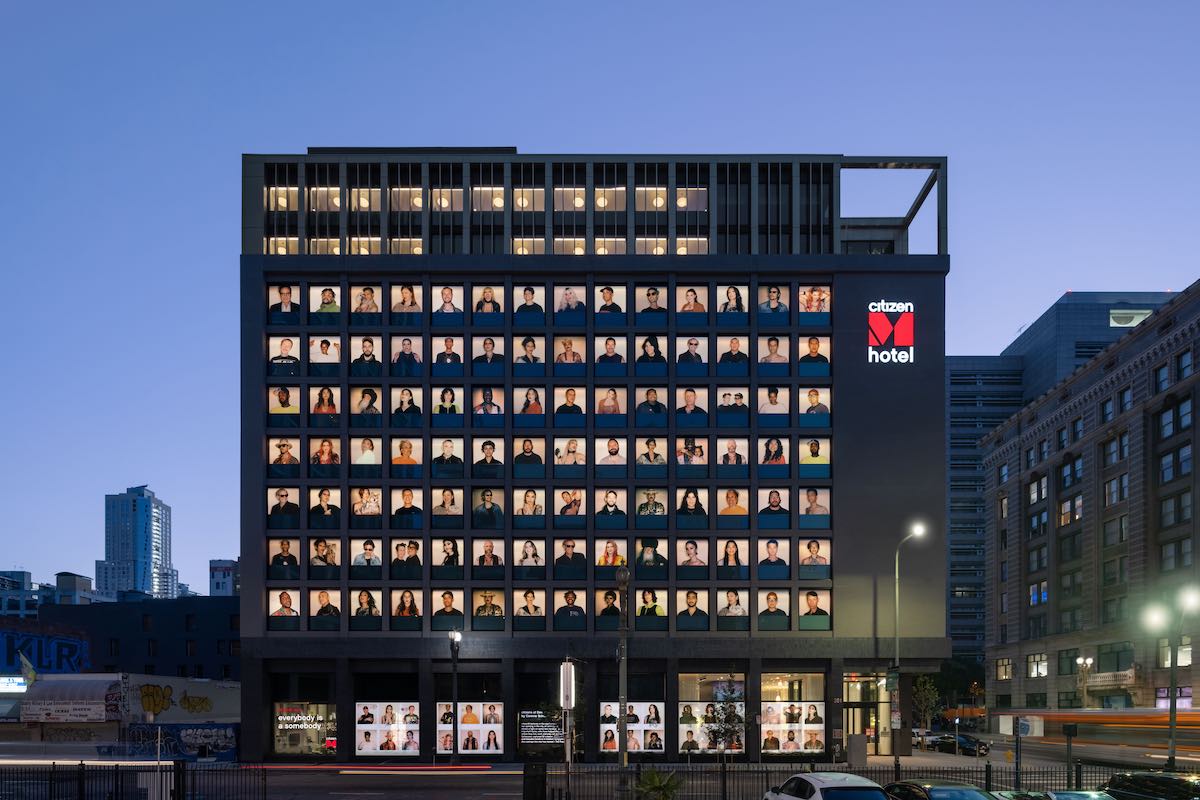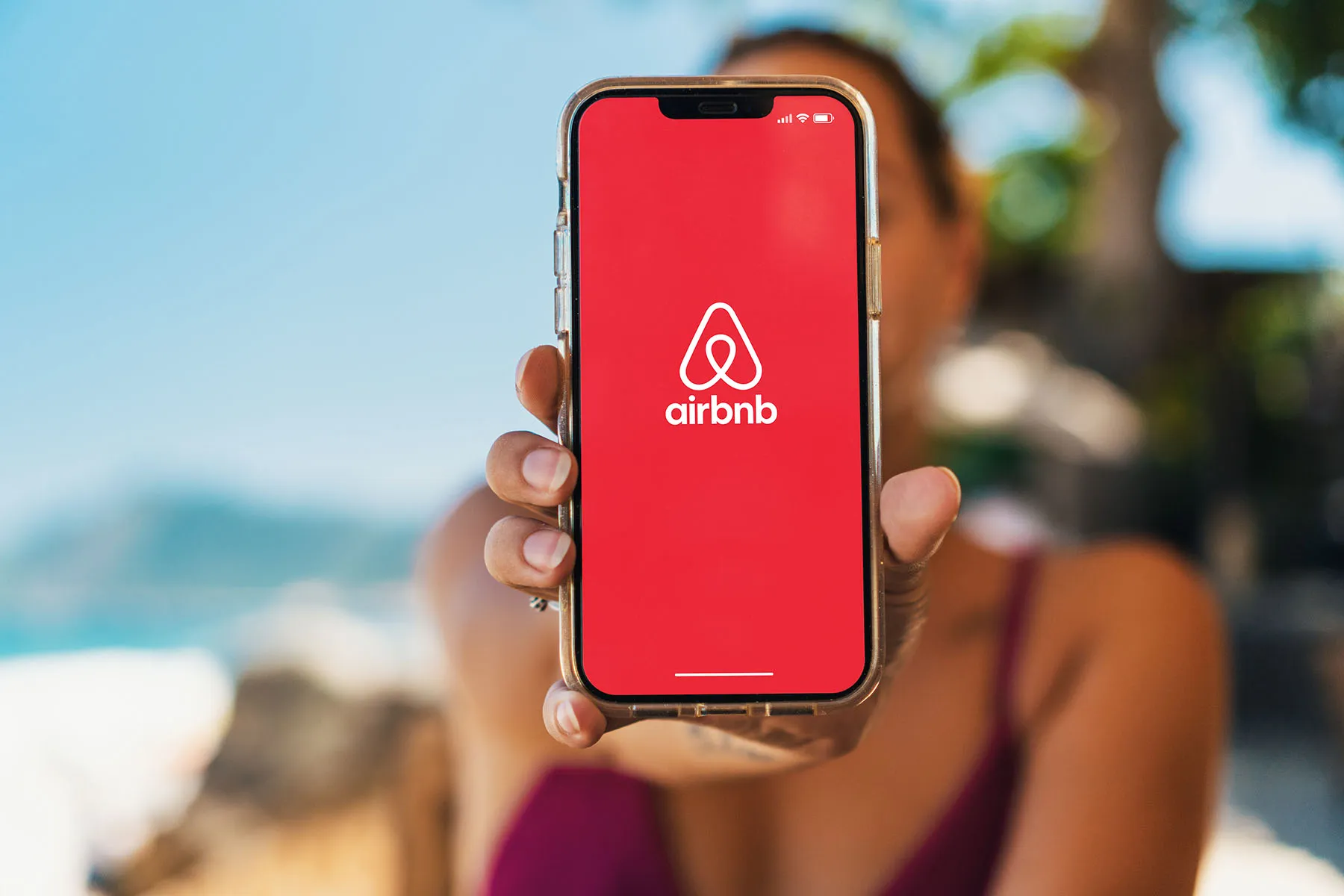CitizenM Targets U.S. for Next Wave of Expansion

Skift Take
Just because Europe’s largest hotel company has a hard time expanding in the U.S. doesn’t mean America is giving the cold shoulder to all international brands.
Dutch hotel company CitizenM is in major growth mode, as evidenced by two personnel changes this week as well as a $1 billion capital raise announced late last year. Along with naming Hendrik Jan Roel as its new chief financial officer, CitizenM promoted Ernest Lee — most recently the company’s managing director for the Americas — as its first ever chief growth officer.
The new position makes sense, as CitizenM’s global expansion is picking up major steam in the U.S.
“Our development portfolio is quite advanced at this point, with a presence in most of the top U.S. and European hotel markets,” Lee said via email to Skift. “There are a few more cities we'd like to be in, but top of mind right now is growing our customer base to fill these new properties — particularly in the U.S.”
CitizenM is part of the wave of so-called micro-hotels, where rooms are smaller than a typical hotel room and encourage guests to utilize more public spaces. Yotel is another player in this orbit.
Although light in Asia Pacific (there are hotels in Taipei and Kuala Lampur), CitizenM has hotels in many major cities on both sides of the Atlantic. The company launched in 2008 with a hotel in Amsterdam and has since expanded across Europe to cities like London, Paris, Zurich, and Copenhagen.
But CitizenM’s growth momentum in the U.S. is notable, as it throttles forward at a time when European companies like Accor say America is a tough place for a lesser-known brand to compete against the well-established giants of Hilton and Marriott.
CitizenM is still tiny compared to those global conglomerates, but the Dutch chain has built up presence in U.S. cities like Boston, New York City, Los Angeles, and San Francisco. It's also after a different type of business than Accor, which operates roughly 40 brands across a wide array of prices and amenities compared to CitizenM's singular offering.
While Lee didn’t provide specifics in the way of where CitizenM was heading next, additional locations are planned for Boston and the Bay Area — signs the brand is picking up a following for travelers in its established cities — as well as new cities like Austin and Chicago.
CitizenM’s leadership team aims to have more than 40 hotels under its brand umbrella by the end of 2024, up from the 24 seen at the end of 2021. That pace of expansion is well above the company’s early years, when one new hotel a year was the norm.
Future rapid growth is aided by the recent $1 billion capital raise from investors like GIC, Singapore’s sovereign wealth fund, as well as APG Asset Management and KRC Capital, a private equity firm founded by CitzenM founder Rattan Chadha.
The war chest may be impressive, but the biggest sign the industry is taking note might be how some of the industry’s legacy hotel companies are all moving into the pool shared by brands like CitizenM and Yotel.
Marriott’s Moxy brand — touted for “cozy rooms and social spaces” on the company website — has a similar vibe. Hilton’s Motto micro-hotel brand, billed as “reasonably priced and less traditional lodging” also competes in this space.
The new 1,054-room Omni Boston Hotel at the Seaport splits between two towers, the “patron tower” with traditional guest rooms and the “artist tower” filled with smaller rooms that pop with stamped concrete and other finishes that wouldn’t seem out of place at the CitizenM across town.
Imitation might be the sincerest form of flattery, but CitizenM leaders maintain they can remain at a competitive advantage.
“Since our facilities are public-facing, there's little we can do to stop others from copying our design elements,” Lee said. “However, the investments we make under the 'hood,' [such as] tech and data, and the execution of the softer side, [such as] service and experience, are a bit harder [to copy].”
CitizenM might have major financial backing to keep its foot on the growth gas pedal, but the company is shying away from providing too many details. Most hotel companies are fueling expansion during the pandemic through conversions, a deal where an owner of an existing asset takes on a new brand agreement. That kind of growth hasn’t happened at CitizenM yet, but don’t rule it out.
“We have yet to find a suitable hotel conversion opportunity but have been actively reviewing a number of relevant opportunities,” Lee said. “This is a focus point in our expansion plans.”
The other way hotel companies can significantly ramp up expansion is through a merger or acquisition. But just because CitizenM is a smaller player doesn’t mean major hotel companies should view it as an inevitable takeover target in the increasingly eat-or-be-eaten hospitality space.
“We have the benefit of backing from very stable, well-capitalized shareholders, which gives us the luxury of remaining standalone,” Lee said. “That said, we are always open to evaluating opportunities, such as investing in platforms that may be accretive to our guest base or business model.”




